The views expressed in our content reflect individual perspectives and do not represent the authoritative views of the Baha'i Faith.
In prayer, we converse with God. Prayer helps our spirit develop, because in that state we connect to a higher purpose and to the highest expression of our self. Abdu’l-Baha explained that:
The state of prayer is the best of conditions, for man is then associating with God. Prayer verily bestoweth life, particularly when offered in private and at times, such as midnight, when freed from daily cares. – Selections from the Writings of Abdu’l-Baha, p. 201.
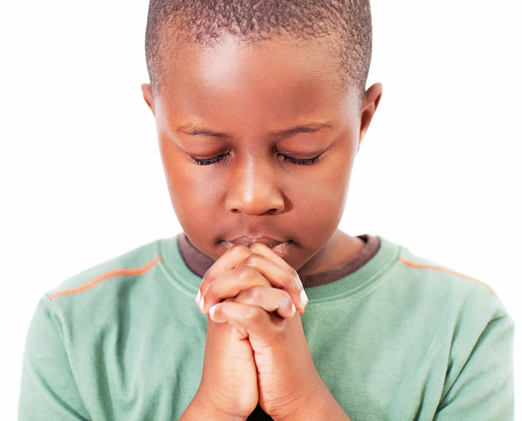 Baha’is pray daily, using the numerous and deeply beautiful prayers from the Baha’i writings, or offering their own. The Baha’i teachings also encourage daily meditation, without specifying any particular routine or ritual. Although many kinds and practices of meditation exist in the world, Baha’is meditate as they see fit. The most important factor in Baha’i prayer and meditation is making a regular, daily practice of that deep inner communication, engaging faithfully in that regular practice, and bringing yourself to account for your thoughts and actions every day in the process.
Baha’is pray daily, using the numerous and deeply beautiful prayers from the Baha’i writings, or offering their own. The Baha’i teachings also encourage daily meditation, without specifying any particular routine or ritual. Although many kinds and practices of meditation exist in the world, Baha’is meditate as they see fit. The most important factor in Baha’i prayer and meditation is making a regular, daily practice of that deep inner communication, engaging faithfully in that regular practice, and bringing yourself to account for your thoughts and actions every day in the process.
For Baha’is, prayer and meditation are not ends in themselves – they need to be followed by action. Abdu’l-Baha described meditation and where it can lead:
Meditation is the key for opening the doors of mysteries. In that state man abstracts himself: in that state man withdraws himself from all outside objects; in that subjective mood he is immersed in the ocean of spiritual life and can unfold the secrets of things-in-themselves . . . This faculty brings forth from the invisible plane the sciences and arts. Through the meditative faculty inventions are made possible, colossal undertakings are carried out; through it governments can run smoothly. Through this faculty man enters into the very Kingdom of God. – Paris Talks, p. 175.
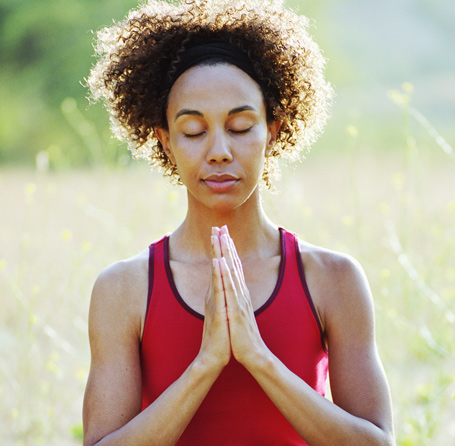 For Baha’is, this daily practice of spirituality leads to self-exploration and a consistent reflection on our own actions. Many modern people instinctively shy away from developing this kind of spiritual life. Even though they can still hear the promptings of their souls, we live in a time when huge numbers of people have rejected many religious constraints on their behavior. Most have done this because they no longer accept the authority of religion; others have followed this path because of disappointment that many religious leaders who preach high standards of morality have not followed these standards themselves. Because the Baha’i Faith has no clergy, and because Baha’is believe in the independent investigation of truth and in individual responsibility for our own behavior, the development of a consistent, regular spiritual practice of self-reflection and moral inventory becomes even more important.
For Baha’is, this daily practice of spirituality leads to self-exploration and a consistent reflection on our own actions. Many modern people instinctively shy away from developing this kind of spiritual life. Even though they can still hear the promptings of their souls, we live in a time when huge numbers of people have rejected many religious constraints on their behavior. Most have done this because they no longer accept the authority of religion; others have followed this path because of disappointment that many religious leaders who preach high standards of morality have not followed these standards themselves. Because the Baha’i Faith has no clergy, and because Baha’is believe in the independent investigation of truth and in individual responsibility for our own behavior, the development of a consistent, regular spiritual practice of self-reflection and moral inventory becomes even more important.
Baha’u’llah encouraged his followers to accept and develop the self-discipline of a spiritual life, since to disassociate spirituality from morality can result in the loss of both:
Religion is, verily, the chief instrument for the establishment of order in the world, and of tranquility amongst its peoples. The weakening of the pillars of religion hath strengthened the foolish, and emboldened them, and made them more arrogant. Verily I say: The greater the decline of religion, the more grievous the waywardness of the ungodly. This cannot but lead in the end to chaos and confusion. – The Promised Day is Come, p. 112.
In many ways, the Baha’i Faith could be called the most individual of all Faiths, because its emphasis rests on transforming the heart and soul of each Baha’i, and because that transformation belongs to you.
Adapted from One With All The Earth, © Kalimat Press 2003, All Rights Reserved.


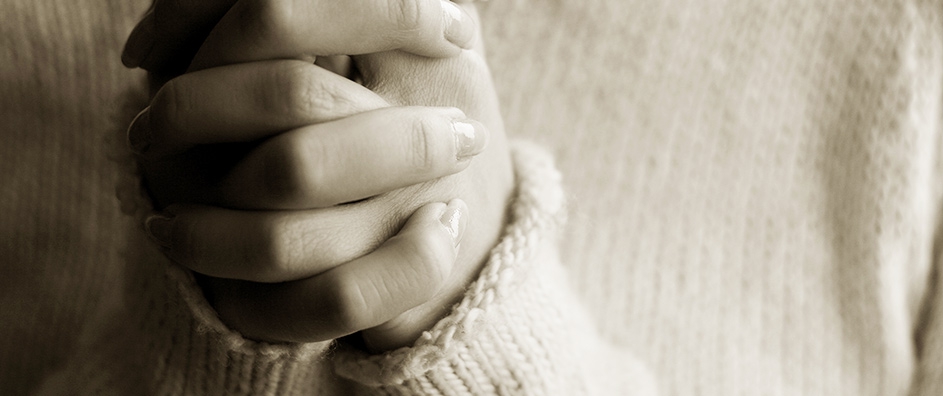










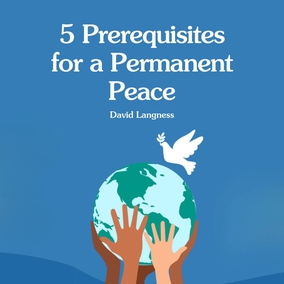
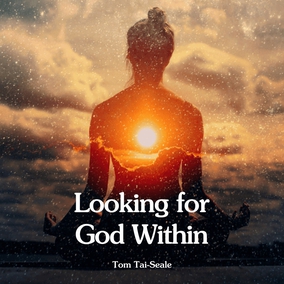

Comments
Sign in or create an account
Continue with Googleor